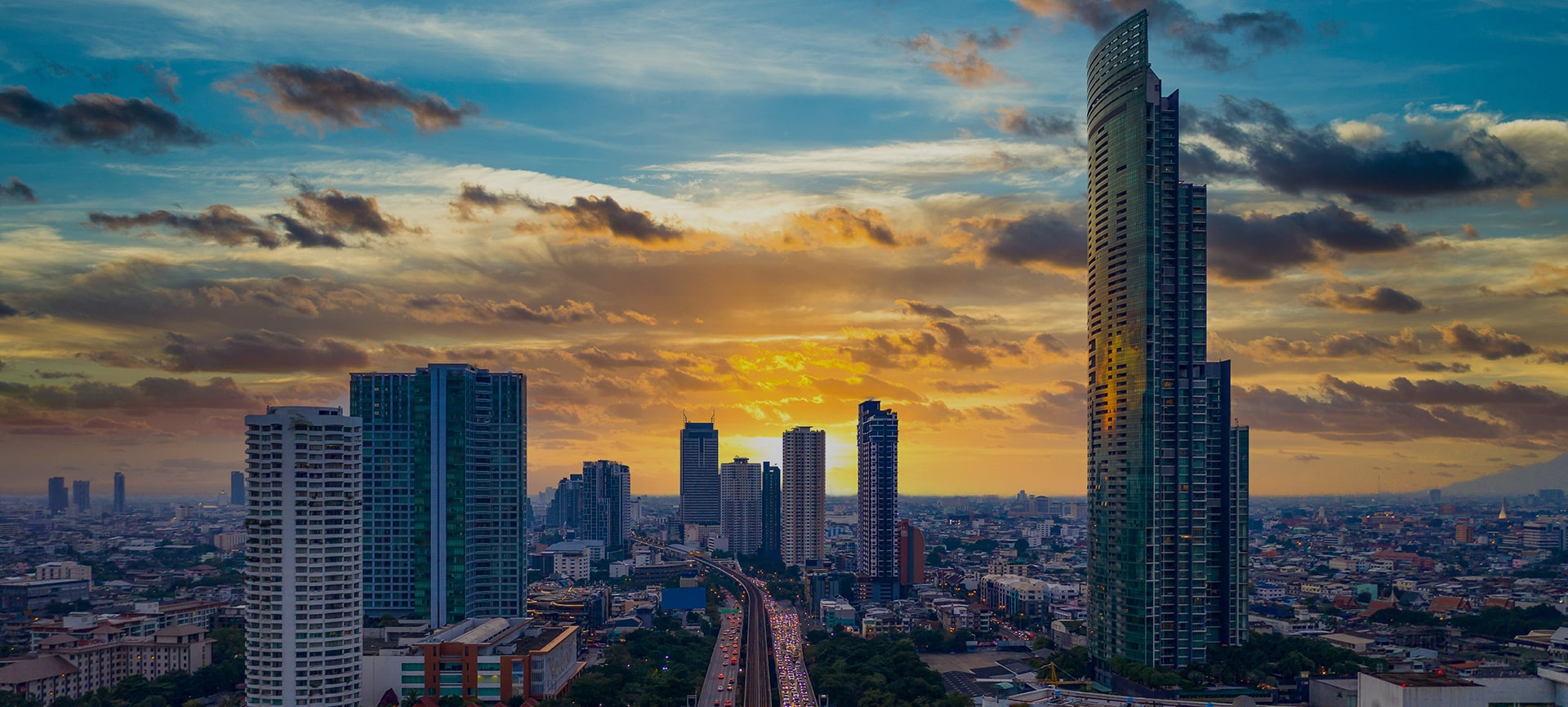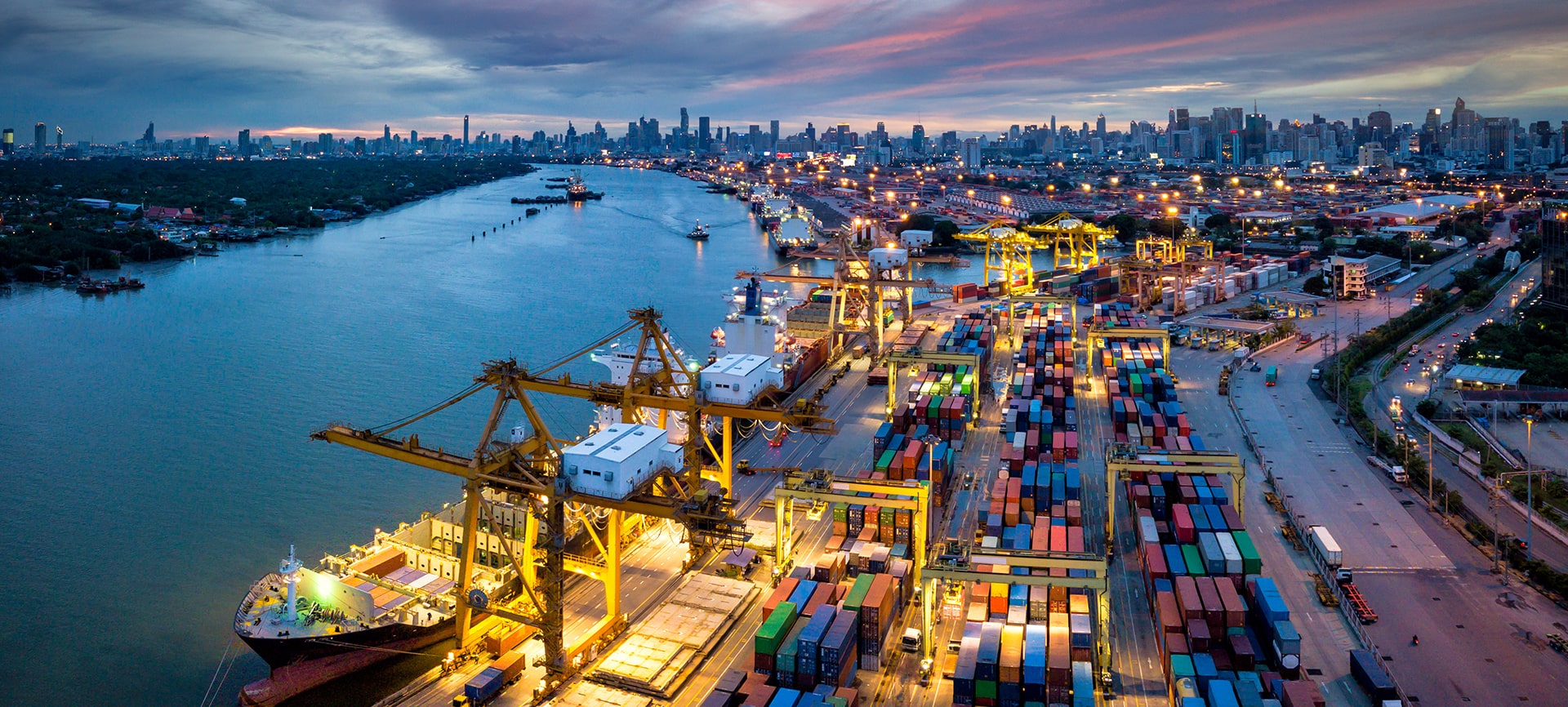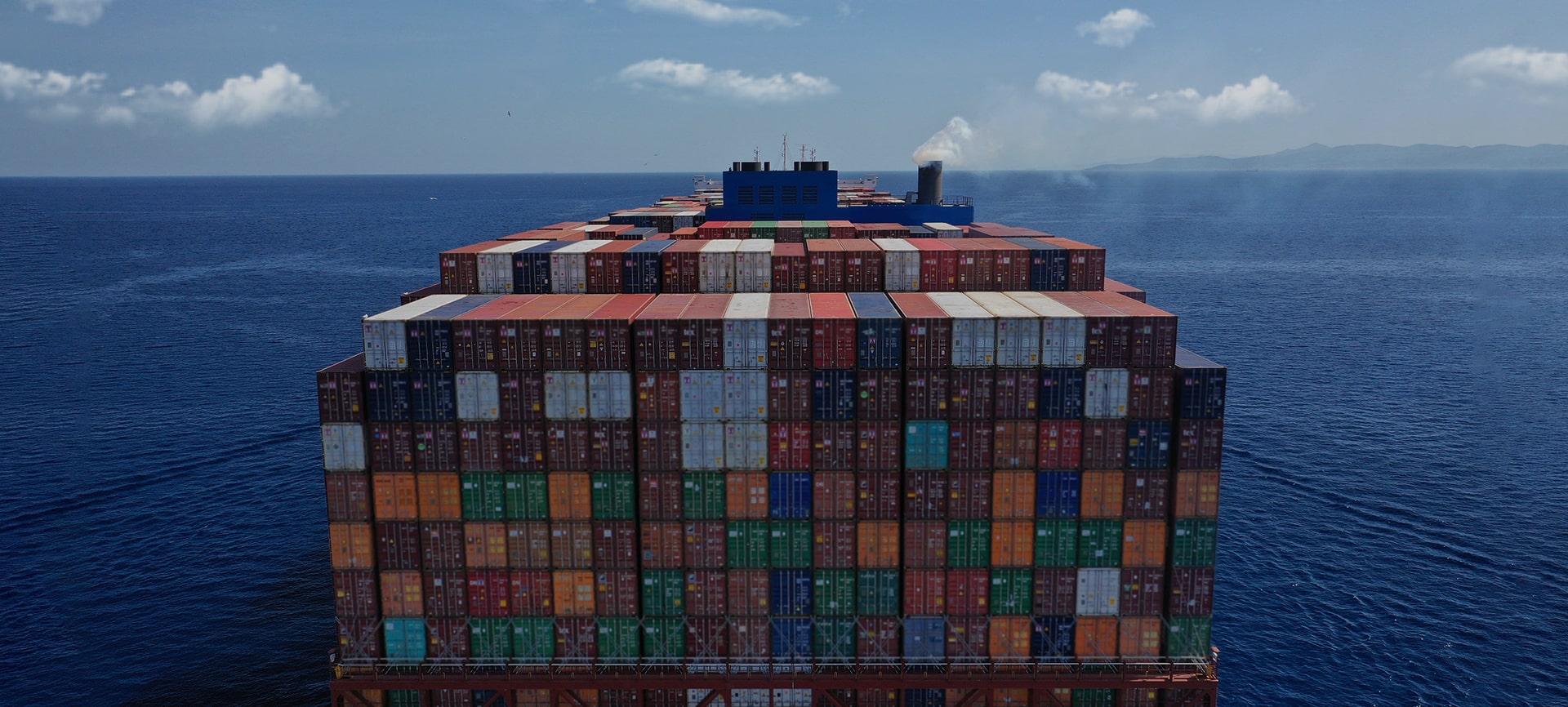Posted on: October 21, 2025 / Last updated: October 21, 2025
IMO Delays Adoption of GHG Reduction Plan by One Year: Hidden Brake on Global Decarbonization

On October 17, 2025, at the International Maritime Organization (IMO) Extraordinary Marine Environment Protection Committee (MEPC) in London, it was decided that the adoption of the Net Zero Framework (NZF)—a midterm strategy to reduce greenhouse gas (GHG) emissions in international shipping—would be postponed for one year.
The NZF aims to regulate the GHG intensity of ship fuels while promoting the introduction of zero-emission vessels. Originally set to take effect in March 2027, its enforcement has now been delayed to at least March 2028.
In a world pushing toward decarbonization, this postponement represents a significant setback for the maritime industry.
CONTENTS
Political Division Behind the Delay
The main reason for the postponement lies in deep international division.
A delay proposal led by Saudi Arabia was supported by 57 countries, including the U.S., Russia, Iran, and China, while 49 opposed and 21 abstained.
European countries and Pacific island nations urged immediate adoption, but the debate grew contentious. In the end, delegates feared that rushing a vote would only deepen division, and the postponement motion passed.
Japan initially supported immediate adoption but ultimately abstained, explaining that “forcing a vote without consensus could have led to rejection and collapse of the proposal.”
In short, political maneuvering has slowed environmental progress.
Investment Hesitation Across the Shipping Industry
The delay carries serious practical implications for the industry.
The NZF was designed to serve as the operational phase of global decarbonization, introducing two key mechanisms:
- GHG intensity regulation for marine fuels
- Economic incentives for zero-emission vessels
Uncertainty over these rules forces companies to delay investment decisions.
Fuel transitions, engine retrofits, long-term fuel contracts, and infrastructure for alternative fuels all require large upfront investments—too risky without clear policy guidance.
As a result, new vessel orders and fuel conversions are stalling, slowing the industry’s overall decarbonization momentum.
Developed vs. Emerging Economies: The Policy Divide
The disagreement over NZF is not merely technical—it reflects economic disparities.
European nations favor stronger environmental regulation, while emerging economies argue that the cost and technology burden is unfair.
The United States has expressed concern over how NZF could affect global fuel supply chains and has reportedly encouraged opposition.
Meanwhile, the EU and Japan hope early implementation will accelerate the market for green shipping technologies.
Although all parties share the goal of reducing emissions, their approaches and capacities differ sharply—making consensus elusive.
Japan’s Position and the Path Ahead
Japan maintains that its commitment to GHG reduction remains unchanged.
While calling the postponement “regrettable,” Tokyo has reaffirmed its goal of achieving net-zero emissions by around 2050 and plans to continue dialogue in future IMO sessions.
However, there is no guarantee that the next meeting—set for one year later—will reach agreement smoothly.
If political divides persist, full implementation could be delayed even further, dampening investment in zero-emission ships and fuel infrastructure.
The Cost of Lost Time
The most damaging consequence of the delay is the loss of time.
Maritime innovation operates on decade-long investment cycles, and every year of policy uncertainty pushes back the deployment timeline for new technology.
The IMO’s current reduction goals—
- 20% reduction by 2030 (compared with 2008 levels)
- 70% reduction by 2040
—will become increasingly difficult to meet if implementation slips even one year.
Each delay means the industry must later accelerate reductions more aggressively to compensate for lost time.
Conclusion
The IMO’s decision to postpone midterm GHG reduction measures places an invisible brake on the decarbonization of international shipping.
While such delays are part of the reality of global diplomacy, the 2050 net-zero goal remains intact.
In fact, this setback may ultimately force a faster and more intense transition in the future.
Rather than waiting for the next policy milestone, the industry must use this year to prepare—advancing technology, fuel innovation, and partnerships.
The true question is whether this one-year delay becomes “lost time” or “time to prepare.” That choice will define the future of global shipping.


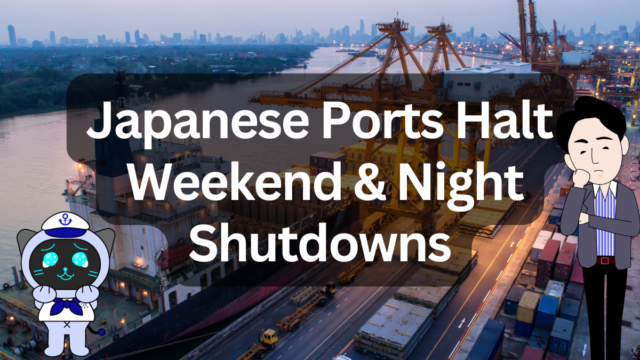

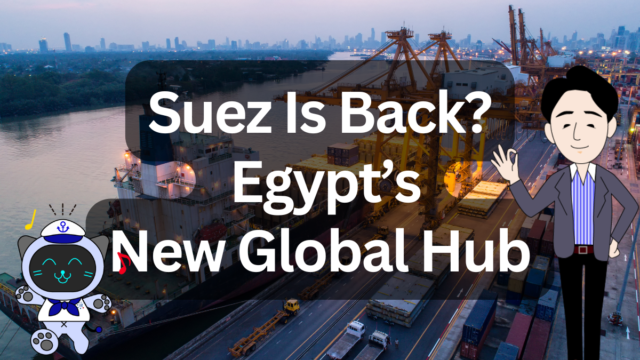
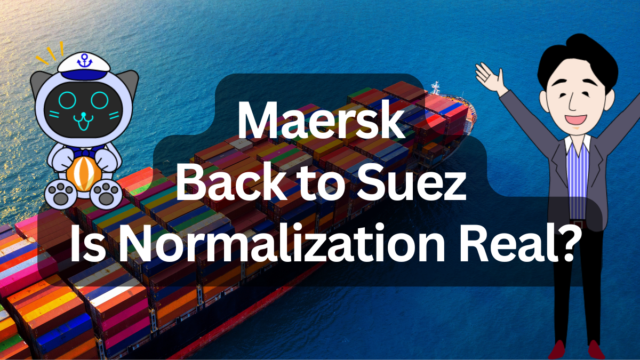
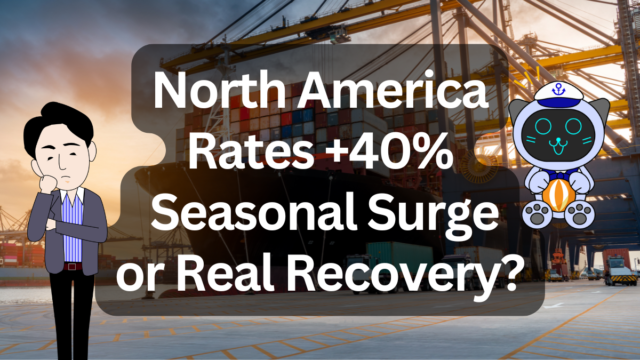
![[Logistics Finance Revolution] Mitsui & Co. Opens Digital Securities for Aircraft and Ships, Redefining Supply Chain Investment | IINO san's Logistics News](/wp-content/uploads/2026/01/20260113en-640x360.png)
